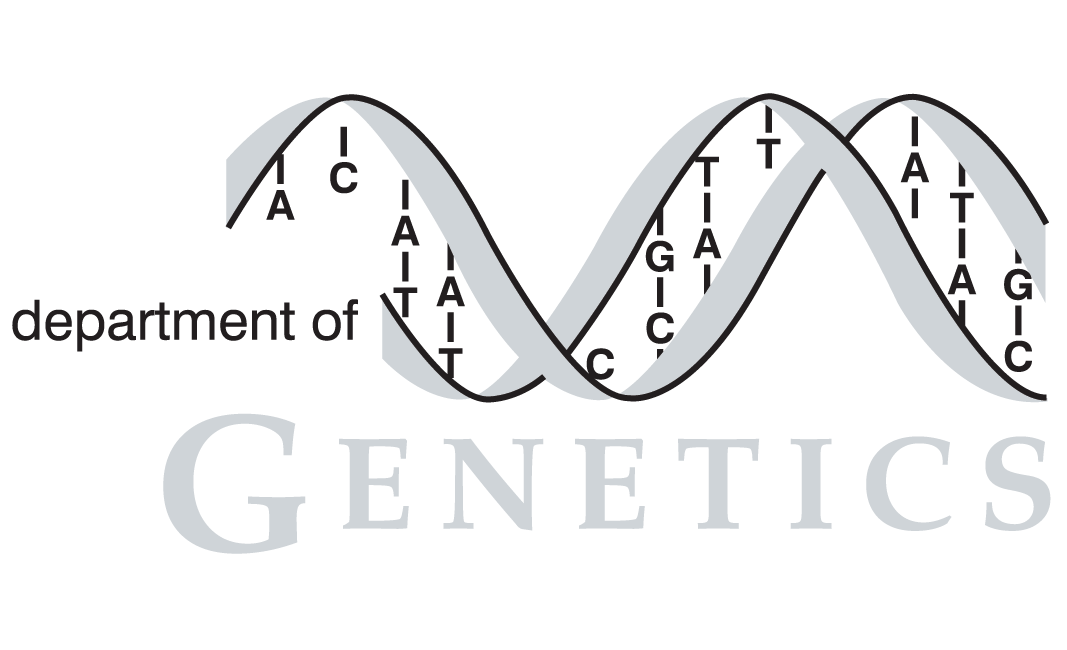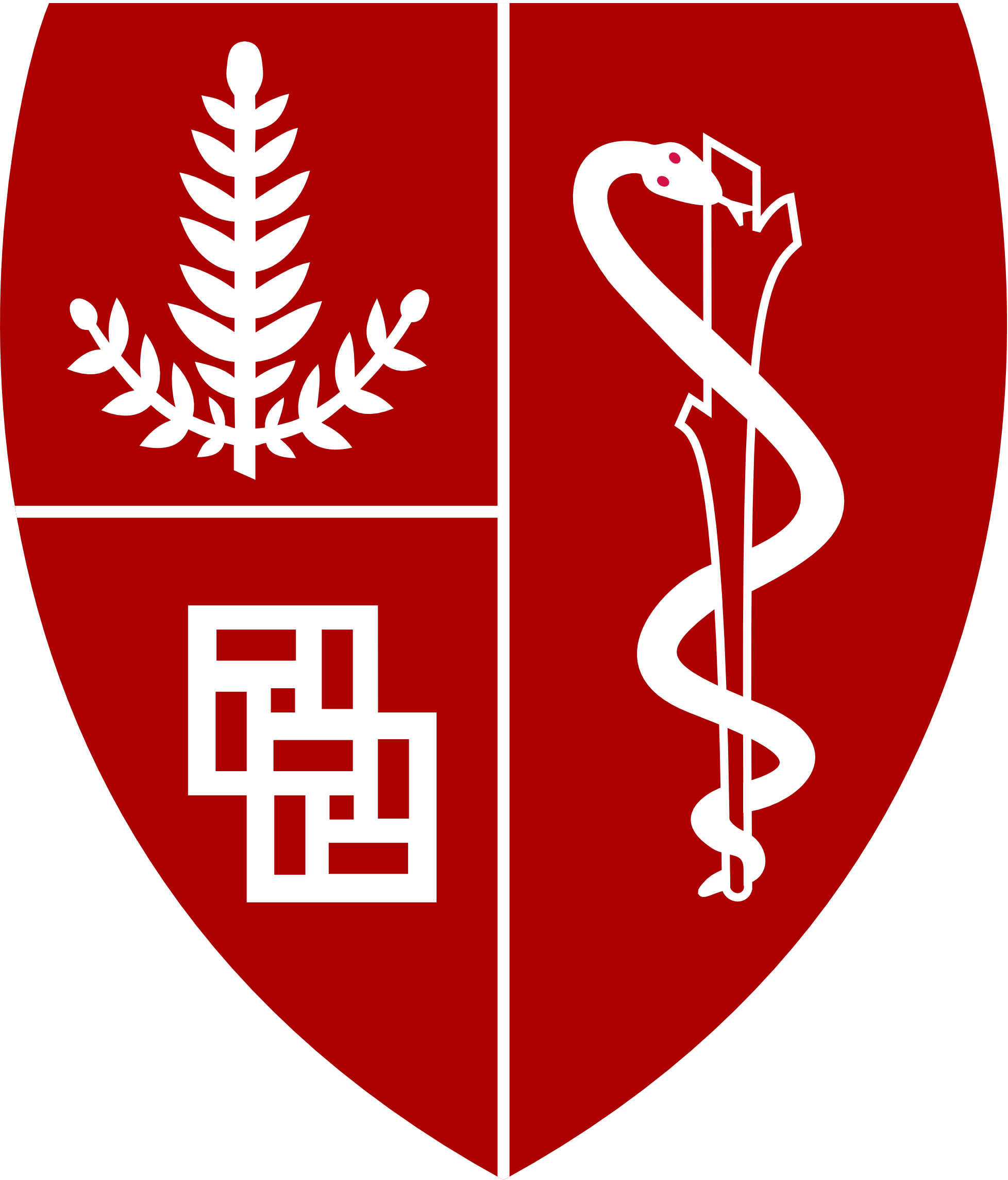| Citation | Gonzalez A, Casado C, Arino J, Casamayor A. Ptc6 is required for proper rapamycin-induced down-regulation of the genes coding for ribosomal and rRNA processing proteins in S. cerevisiae. PloS one, 2013. |
| PubMed ID | 23704987 |
| Short Description | Ptc6 is required for proper rapamycin-induced down-regulation of the genes coding for ribosomal and rRNA processing proteins in S. cerevisiae. |
| # of Conditions | 14 |
Full Description

|
Ptc6 is one of the seven components (Ptc1-Ptc7) of the protein phosphatase 2C family in the yeast Saccharomyces cerevisiae. In contrast to other type 2C phosphatases, the cellular role of this isoform is poorly understood. We present here a comprehensive characterization of this gene product. Cells lacking Ptc6 are sensitive to zinc ions, and somewhat tolerant to cell-wall damaging agents and to Li(plus). Ptc6 mutants are sensitive to rapamycin, albeit to lesser extent than ptc1 cells. This phenotype is not rescued by overexpression of PTC1 and mutation of ptc6 does not reproduce the characteristic genetic interactions of the ptc1 mutation with components of the TOR pathway, thus suggesting different cellular roles for both isoforms. We show here that the rapamycin-sensitive phenotype of ptc6 cells is unrelated to the reported role of Pt6 in controlling pyruvate dehydrogenase activity. Lack of Ptc6 results in substantial attenuation of the transcriptional response to rapamycin, particularly in the subset of repressed genes encoding ribosomal proteins or involved in rRNA processing. In contrast, repressed genes involved in translation are Ptc6-independent. These effects cannot be attributed to the regulation of the Sch9 kinase, but they could involve modulation of the binding of the Ifh1 co-activator to specific gene promoters. |
Tags
 |
Contact: sgd-helpdesk@lists.stanford.edu


